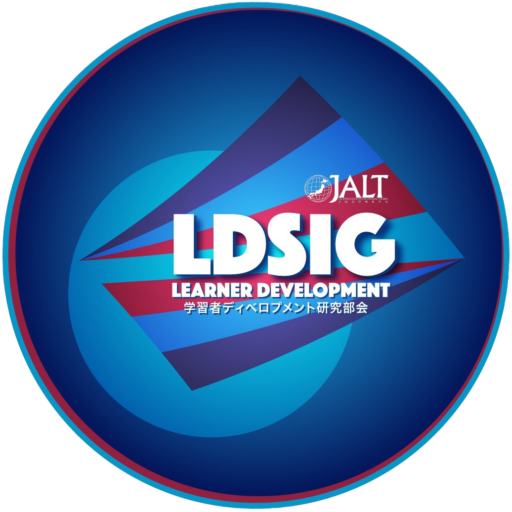Learning from our students
This month’s Talking Points, a foretaste of the JALT National LD Forum, focuses on listening to our students. Jim Ronald starts with a story that, for him, brought home the importance of learning from our learners, then he and Naomi Fujishima will introduce some of their students and their stories.
Jim: Here are the students’ stories, either of turning points for them and their language learning or of learning strategies that they have found to be successful for them. Before this, though, I would just like to tell our readers about an experience I had quite a few years ago at the JALT Conference in Kita-Kyushu. On one evening, three friends and I went to a Turkish restaurant for dinner. One of our group was living and teaching in Kita-Kyushu, and it turned out that the young woman serving us was a former student of his. We hardly talked with her, other than give our orders, but we noticed that her English was good, “Are you enjoying your meal?”, etc.
Read more
